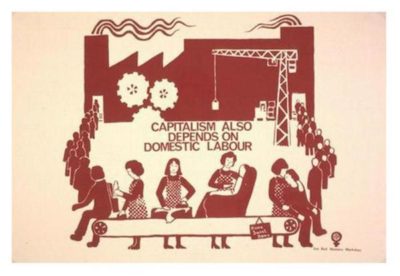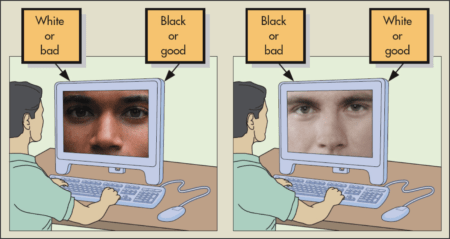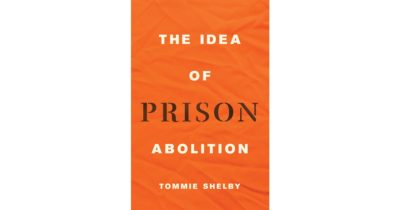I’ve written specifically about prison abolition on this blog. But I haven’t written about modern abolitionism as a movement. Nor have I specified whether I’m an abolitionist. In that previous post, I discussed how disagreements over the concept of ‘prison’ produces misunderstandings. It clouds political debates in ways we can, and should, get past.
Of course, I wrote that first post 4 years ago. These debates took quite a turn in the summer of 2020. A more comprehensive abolitionist movement emerged into the stage of mainstream politics.
How does abolitionism, in its modern form, relate to prison abolition?




